Talking about Differences & Diagnosis
Telling your child and other people about a neurodevelopmental difference can be very hard, but remember what you are giving is an understanding of difference and not bad news.
Everyone is different in terms of things like appearance, likes and dislikes. This is one more difference and it will explain to the child and others why some things can be more challenging for them.
You may find this film helpful to share, it shows that everyone is different, and autism is just one difference:
Telling a Child
There is no set time for when to tell your child about their difference or diagnosis. It will depend on many factors such as their age and level of understanding.
Some parents tell their child when young so that they gradually become aware of their difference without it becoming a big issue. Others prefer to wait until the child is older so they may understand better. Some may leave it until the child begins to ask questions about themselves. There is no right or wrong decision. You are the best person to gauge this although you may find it helpful to discuss it with a professional or teacher.
‘I didn’t tell my son till he was nine. We watched a programme together, and then a week later discussed it. Later again, I told him he was like the kids in the programme and told him all the positive things about his autism. We now discuss all aspects of his autism. It’s an on-going process. He is now 11.’
How can I help?
Work with your child to emphasise their strengths and abilities.
Be as positive as possible when talking about differences to your child.
Give lots of time for them to process the information.
Give lots of reassurance. Encourage them to ask questions.
Give the information in ways that suits them best e.g., video clips, books, websites, etc.
Watch our Pines Films
Telling Your Child About their Autism Diagnosis
Knowing what to tell a child can be very difficult for parents and carers. This positive film emphasises that autism is a difference, not a deficit, and looks at how, when and what to tell a child about their diagnosis.
Creating an Individual Profile of Your Autistic Child
This film looks at creating an individual profile for a child to better understand their autism and their individual needs. It looks at the strengths, struggles and strategies for each element of the diagnosis: Communication, Social Interaction, Flexibility & Routine and Sensory Processing.
Supporting Siblings
Siblings may often find it difficult to understand why their brother/sister behaves in certain ways. They may feel rejected if he/she does not want to play with them and may feel you are not giving them much attention.
How can I help?
Give siblings as much information as possible about neurodevelopmental differences, depending on their age and level of understanding.
Talk about their feelings. Tell them it is okay to feel angry, sad, etc.
Give them the opportunity to discuss feelings with someone they trust. They may not want to worry you.
Tell them that having to spend more time with their sibling does not mean you love them less.
Encourage them to interact with their sibling.
Help them understand the difficulties and the strengths of their sibling.
Tell them they are an important member of the family.
Give them their own space and privacy without interruptions.
Give them a safe place to keep important things.
Make individual time with your children. Explain that this is their time just with you.
Think together about activities which can be done as a family and one-to-one with you.
Praise their positive behaviour. Look for lots of little things to praise.
Explain that other people may not understand their sibling and may react differently.



